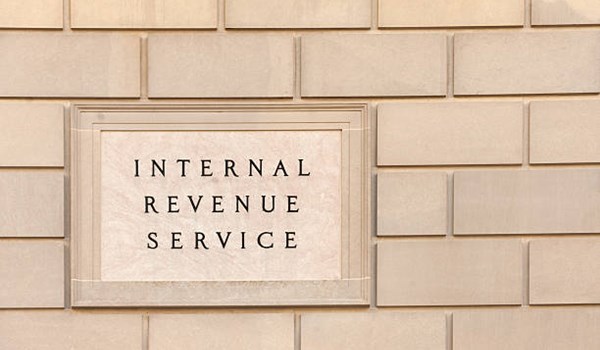Jurisdictions
Regions
Industry Sectors
15/04/24
US: IRS investigation chief expects uptick in crypto tax evasion this year

As published on: cointelegraph.com, Monday 15 April, 2024.
IRS criminal investigation chief Guy Ficco said his agency has become more aggressive and capable of dealing with crypto-related tax crimes amid tax reporting season.
The United States Internal Revenue Service says it’s gearing up for a significant rise in crypto tax crime cases going forward, as U.S. citizens hit the deadline to file their taxes on April 15.
Speaking to CNBC at the Chainalysis Links event in New York, IRS criminal investigation chief Guy Ficco said his agency was getting ready to deal with an uptick in cases of tax fraud and evasion that have come along with it.
“There’s going to be a lot more charged Title 26 crypto cases this year and moving forward.”
A Title 26 tax code refers to citizens who willfully evade paying taxes by lying or obfuscating their reporting documents.
Ficco said that crypto had previously been used mostly as a tool in financial crimes such as fraud, scams, and money laundering — however, he said his agency had recently observed a drastic uptick in “pure crypto tax crimes,” and expected even more in the near future.
“This could be purely not reporting income generated from crypto sales, it could be hiding the true basis of crypto and that’s an area I anticipate an increase in,” Ficco said.
He mentioned that his agency has partnered with blockchain analysis firm Chainalysis as well as several other law enforcement agencies to better crack down on crypto crime.
“My IRS special agents are phenomenal at tracing and following money, but some of the tools and applications that are needed in the crypto world — that’s where the experts at Chainalysis come in,” he said.
Ficco also outlined some basic rules for those looking to file their taxes properly and not get stung by the IRS.
“The basic rule of thumb is that you have a basis in the asset. When you dispose of that asset [...] the point where you sold is your disposition,” said Ficco.
“If you acquire something at $10,000 and you sold it for $20,000 — you have a $10,000 gain and that’s what you need to pay tax on.”
Ficco said his agency had grown more aggressive when investigating and prosecuting U.S. citizens who had either failed to report their crypto taxes in the past as well as those who had actively obfuscated or lied on their tax return.
On Feb. 6, a federal grand jury indicted Texas man Frank Richard Ahlgren III with filing false tax returns avoiding reporting requirements on more than $4 million worth of gains made on Bitcoin




